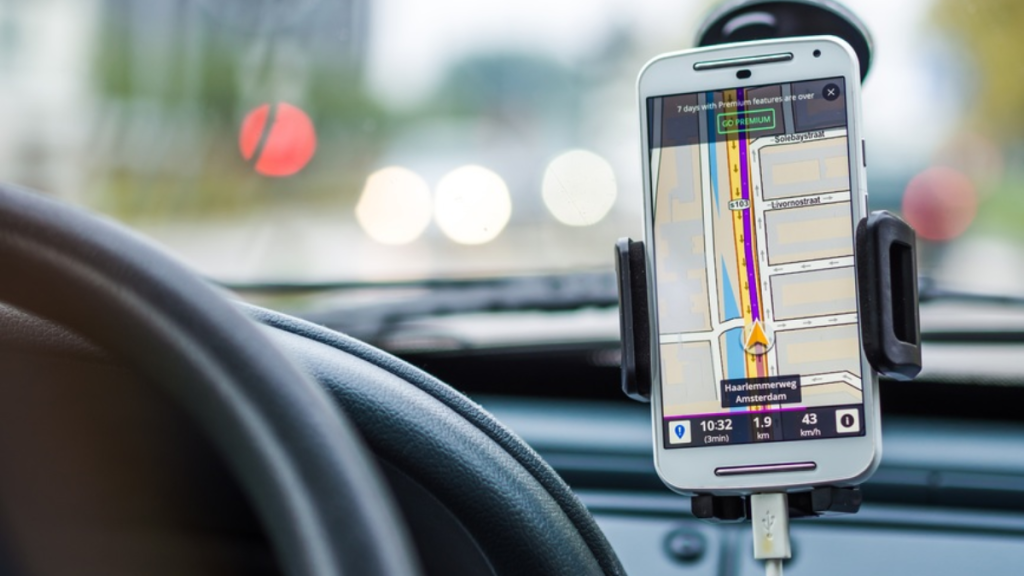The English poet John Donne once wrote that “no man is an island.” It often feels quite the opposite what with the ever increasing technological advances made and the preoccupied-with-our-phone age we find ourselves in.
Yet, the same technology that sometimes feels divisive is actually one of the best ways to stay connected. (Think Pokémon Go).

The most common example may be found in the sharing economy (or ‘gig’ economy (or what-have-you)). According to one of our staff members, Ethan Terrill:
I vividly recall the first time I requested an Uber. Utter fear and anxiety embroidered the entirety of my being. It is a strange thing to fear, but I was unprepared for such innovation. Yet, as I entered the car, I was able to express my fear and share my worries with the driver. They were the most gracious driving hosts I have ever come across; sympathy was a virtue in that moment, and I appreciated every ounce of it.”]
The beauty of things such as Uber is that we are in this innovative age together: the drivers, the programmers, and all the other passengers that partake in the cornucopia of sharing services. From carpooling with random people to being hosted by a stranger through Airbnb, we are now at a point in time where we can meet so many different people in so many different places. The connections established between human actors when this kind of technology is left to its own devices to flourish is unprecedented.
One of the ways to make sure that this thing of beauty does not falter is to implement, what Adam Thierer calls, permissionless innovation. He explains:In many sectors, policymakers are smothering technologies with precautionary controls that artificially limit life-enriching innovations…[and] we must be willing to take on the hard questions raised by critics and then also offer constructive strategies for dealing with a world of turbulent technological change.
“]
How then do we allow this kind of permissionless innovation to thrive? The answers may be found in studying the effects of government regulation and technology.
If you want to learn more about this these kinds of issues, be sure to check out Learn Liberty’s new on-demand program entitled Government Regulation & Technology.
To conclude, we must adhere to the English novelist E.M. Forster’s call to action: “only connect.” We live with technology that disrupts the inability to connect. Anything that prohibits our ability to connect with each other must be examined.


